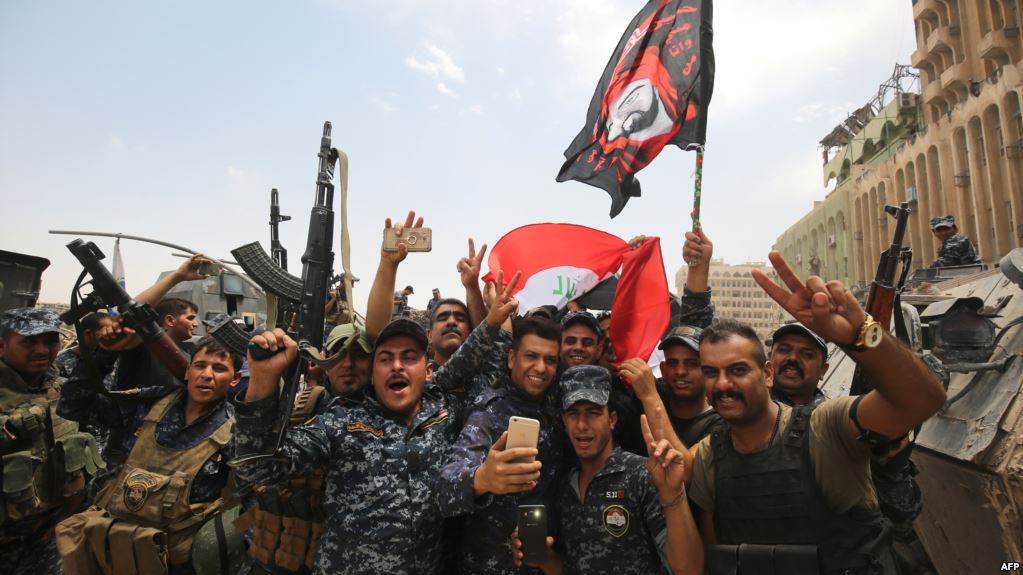ISIS 2.0
July 11, 2017 | Expert Insights

Iraqi Prime Minister Haider al-Abadi has formally declared victory over Islamic State (IS) in Mosul. Mr Abadi waved a national flag with troops after announcing the "collapse of the terrorist state of falsehood". ISIS unlikely to again govern and control large swaths of territory in the near future. While the past three years of war have been brutal, there will be some justice and respite for those who have lost friends and family.
The war on ISIS
The war on ISIS has resulted in a far-reaching humanitarian crisis. Multiple Iraqi towns and cities have been destroyed during the course of the military campaign. According to international organisations, at least 3 million people have been displaced and 11 million require assistance. Rehabilitating local communes & economies, bridging the differences between the diverse sections of Iraqi society including Shias and Sunnis is fundamental. This is to ensure ISIS does not enjoy the space and structural conditions that enabled it to mobilise supporters and resources.
Analysis
While there is some reason to celebrate, the end of the caliphate does not mean the end of ISIS. The Jihadi organisation still controls strategically important patches of territory in places such as Hawija and Tal Afar. It will continue to enjoy the infrastructure that will enable it to continue terrorist attacks in the country.
To keep the ISIS 2.0 from emerging, Iraqis needed to unite to ensure the IS, is defeated across the rest of Iraq. To make the liberation of Mosul count, the Iraqi government will now have to take on the more difficult long-term challenge of confronting militant groups by way of reconstructing the country and reconciling its communities and political factions.
ISIS and other militant groups might thrive unless credible, legitimate and viable governing structures are established.
Northern Iraq is now dominated by powerful Shia militia groups aligned with Iran. They have repeatedly challenged the federal government and will represent a continuing problem for the Iraqi state. But Iraq’s Iran-aligned Shia militias are not going anywhere they have capitalised on the war on ISIS to establish themselves in northern Iraq.
Where the US and its allies disengage, it is often its enemies that prosper, and the moderate, reformist Iraqis that suffer.
Assessment
Our assessment is that, the news from Mosul is good. But ISIS is down, not out. The jihadists may be losing their territorial bases, but their ideology has not been vanquished. The group might continue to propagate its hateful ideas through social media. They may now be additionally motivated to possibly rise the attacks on European soil. There is plenty of anecdotal evidence that battle-hardened fighters are returning to their European countries of origin. Where are they going?








Comments